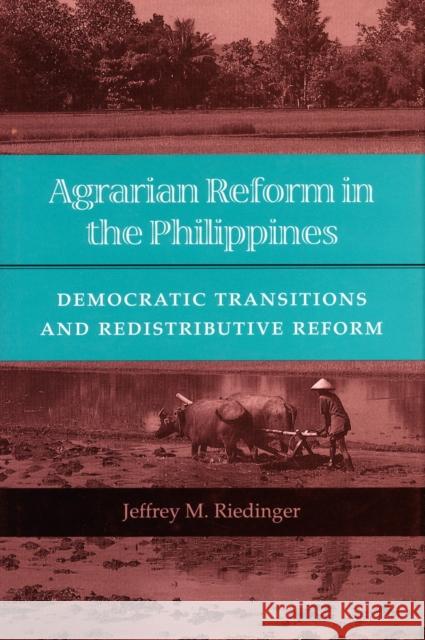Agrarian Reform in the Philippines: Democratic Transitions and Redistributive Reform » książka
Agrarian Reform in the Philippines: Democratic Transitions and Redistributive Reform
ISBN-13: 9780804725309 / Angielski / Twarda / 1995 / 384 str.
This text evaluates the capacity of new democratic regimes to promote redistributive agrarian reform, an issue of concern to developing countries throughout the world. It analyzes the problems caused by political liberalization, and social and economic reform by examining in detail the formulation and implementation of agrarian reform in the Philippines under the governments of Corazon Aquino and her successor, Fidel Ramos. It reveals how the interaction between state and society shapes policy decisions, showing that what is needed for successful agrarian reform is a combination of sustained, forceful political leadership and grassroots agitation by peasant organizations. The author concludes that the new Philippine democracy has proved more conducive to redistributive reform that the authoritarian Marcos regime but has still failed to implement the more controversial and costly elements of the reform policy.











